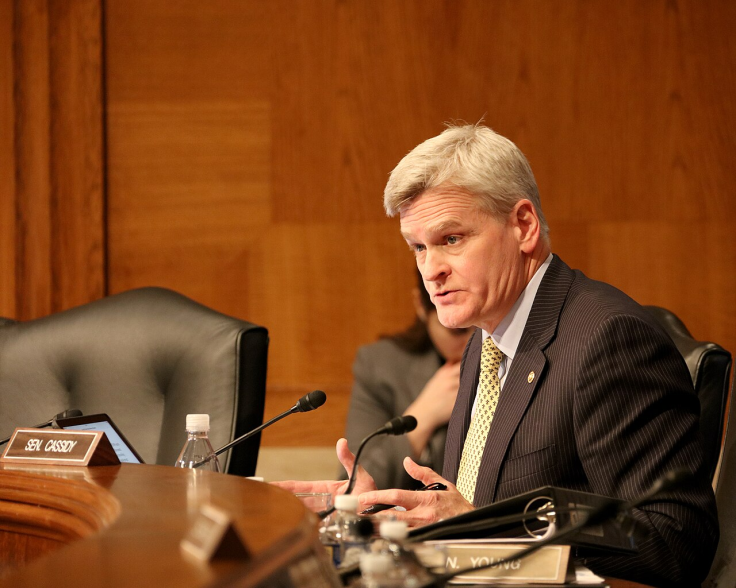Congress Moves to Mandate October 1 FAFSA Release Date, Addressing Delays and Ensuring Timely Financial Aid Access
ByCongressional Republicans are now legislating to force the Department of Education to release the Free Application for Federal Student Aid by October 1, following a delayed and troubled rollout.
This legislative move by the lawmaker is an attempt to block any further delays that may adversely affect students' chances of effectively planning and financing their college education.

The Legislative Move to Address Delays
On Monday, a bipartisan bill was introduced in both chambers of Congress to formalize the change in federal law, moving the FAFSA release date from January 1 to October 1 of the preceding year. That change first took place in 2016 to give students and their families more time to prepare for college financial planning. Technical problems and last-minute complications in the execution of new congressional mandates to update the form and underlying eligibility formula pushed the release of the 2024-25 FAFSA into January.
This delay has raised serious questions in the minds of lawmakers and education professionals with respect to the competence of the Department of Education in handling efficiently the application process. Education Department officials say they are working towards an October 1 release, and there is still widespread skepticism. The American Council on Education joined other higher education organizations in calling on Congress in May to permanently set an October 1 deadline for the forms to prevent further delays and uncertainty.
Support and Skepticism from Lawmakers
The Senate version was sponsored by Dr. Bill Cassidy, a Louisiana Republican and member of the Senate Education Committee. The FAFSA Deadline Act was released in the House by Rep. Erin Houchin of Indiana, a Republican. Both lawmakers noted that making the Free Application for Federal Student Aid available early is especially critical since late openings slash time for students to make decisions about colleges and finances.
Cassidy said the Education Department had all the time in the world to be prepared for new requirements under the FAFSA, but it still managed to miss an October 1 deadline. He bemoaned the potential loss of another cohort of students standing down from higher education because of financial uncertainty. "This bill holds Secretary Cardona accountable for ensuring students have their financial offers in time so they can choose the best, most affordable college option for them," Cassidy said.
Houchin also pointed out the same thing, noting how the flexibility of the current FAFSA release date only serves to cause extraneous barriers and elongated periods of uncertainty for families. "If the Department is truly on track, as they claim, this bill will formalize its intention and ensure that students receive the support and financial information they need in a timely manner," she added.
Reforming Bureaucratic Red Tape
As she described it, Representative Virginia Foxx of North Carolina, the North Carolina Republican who chairs the House Education and Workforce Committee, called the proposed legislation a "simple fix" to a recurring problem. She added that students already bear enough adversity when decisions regarding their future are concerned, and bureaucratic inefficiency is not among them. The committee, according to her, had scheduled a markup hearing on Wednesday to take up the bill.
This focus on an October 1 fixed date for the FAFSA launch reflects a larger concern with the Department of Education's ability to handle key processes as far as effectiveness is concerned. Delays in making the Free Application for Federal Student Aid available are not only disruptive to students' financial plans but further drastically set a bad precedence for the beginning of their academic year and undermine confidence in the education system's ability to help these students achieve their academic goals. Through the legislation of strict deadlines, Congress intends to ensure that students do not face uncertainties regarding the receipt of financial aid information critical to making informed decisions concerning their college education.
The proposed legislation mandating an October 1 FAFSA release date does just that: it tries to kill off delays and inefficiencies in the application process. This bipartisan legislation aims to communicate a very strong sense that timely financial aid information is vital for students and families. As the bill works its way through the process, lawmakers, educators, and families are going to first look to see how this could affect future FAFSA cycles and students' college planning.
RELATED ARTICLE : FAFSA Delays Cause Small Colleges To Cut Budgets And Programs
© 2025 University Herald, All rights reserved. Do not reproduce without permission.








